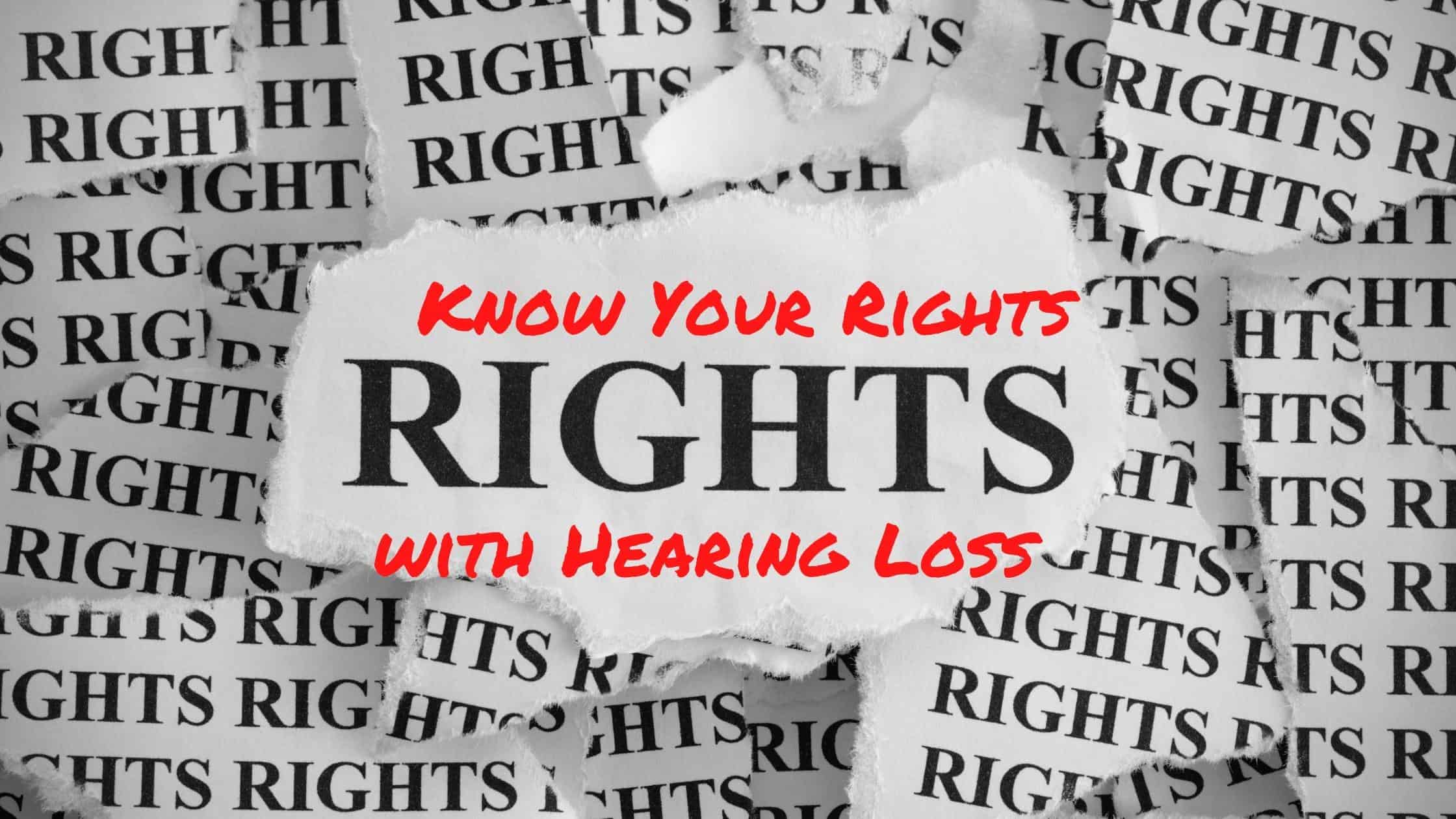Are you struggling to hear the people in your life? Has hearing loss become an issue that affects your relationships at home when you venture out into the world and in the workplace? Many don’t take their own hearing loss seriously or even recognize it as a serious disability, but it is.
A Serious Disability
Many people believe they do not need to address their hearing loss and they will be able to get by just fine. However, hearing loss is caused by permanent damage to the inner ear, making it progressively more challenging to hear people speak and respond to the sounds in your environment. Untreated, it can cause chronic depression, anxiety and social isolation which can increase the risk of cognitive decline and dementia. It also increases the risk of accidents, falls, hospitalizations and even death, due to the lack of audio cues which provide spatial ques and audio alarms. Due to most people affected by hearing loss being over 65, many attribute hearing losses to the elderly. However, hearing loss can be caused by loud noise, head impact, infection, or certain medications, affecting people of all ages.
The Americans with Disabilities Act
It is estimated that 25% of all workers have been exposed to hazardous noise. This equals 22 million Americans (approximately 22 percent) exposed to hazardous noise levels in the place where they rely on income. The American Disabilities Act (ADA) was set into place in 1990 to prohibit discrimination due to a disability from employers and co-workers in the workplace. The ADA defines protections for disabled people in four major categories:
- fair employment,
- fair government services
- fair access to businesses and public spaces
- fair access to telecommunications.
Fair Employment – Fair employment means that the employer must make information accessible to employees with hearing impairment. This includes meetings, negotiations and decision making and pertains to any employer with 15 employees or more. It prohibits employers from firing any employee who has issued an ADA-related complaint against the employer.
Fair Government Services –These include access and accommodations to public libraries, schools, hospitals, courts, and social services. Accommodations must effectively communicate with the hearing impaired to offer these services equally to hearing impaired and those with normal hearing.
Fair Access –The ADA regulates how businesses which offer themselves to the public must accommodate those with a hearing disability. Movie theaters, concert halls and churches are mandated to offer accommodations such as closed captioning or telecoil services. Businesses which offer lodging such as hotels, resorts and spas must provide alert systems that are not sound based.
Fair Telecommunications – Businesses which offer telecommunication, such as telephone, internet and other media must offer free-of-charge and other communication tools to be used by vast communication networks. Examples include TTY phones and Video Relay Service to allow deaf and hearing-impaired people communication tools which are equal to those with normal hearing ability.
Fair Housing Act
The ADA is an amazing opportunity to support people with hearing impairments but there are other programs available which protect the rights of those with hearing disabilities. The Fair Housing Act first established in 1968 and amended in 1988, made it illegal to discriminate in the sale or rental of housing on the grounds of race, color, religion, national origin or disability. If you are a person with hearing loss, housing providers must make accommodations to communicate clearly in the application for a home as well as providing modifications to your housing to support hearing ability.
Air Carrier Access Act
The ACAA provides persons with disabilities guaranteed rights when they fly. According to the ACAA both domestic and foreign airlines must adhere to a non-discrimination policy for persons with disabilities. Additionally, airlines must have available accommodations for disabled passengers, including reservation services and in-airport services.
Hearing Aid Compatibility Act
The Air Carrier Access Act of 1986 (ACAA) was designed to prohibit any discrimination against passengers with disabilities by air carriers. For the hearing impaired this means that the Hearing Aid Compatibility Act cooperates with the FCC to make sure that communication devices such as WIFI and telephones do not cause interference distortion or disruption in hearing aid signals.
Speak Out About Hearing Loss
Hearing loss is a serious disability but with treatment it can ease the struggle. The first step to seeking help and accommodations for your hearing loss is to speak up about your disability. Be an advocate for yourself and help to pave the way for future accommodations for the hearing impaired of the future. If you haven’t already, schedule a hearing exam and treat your hearing now.

